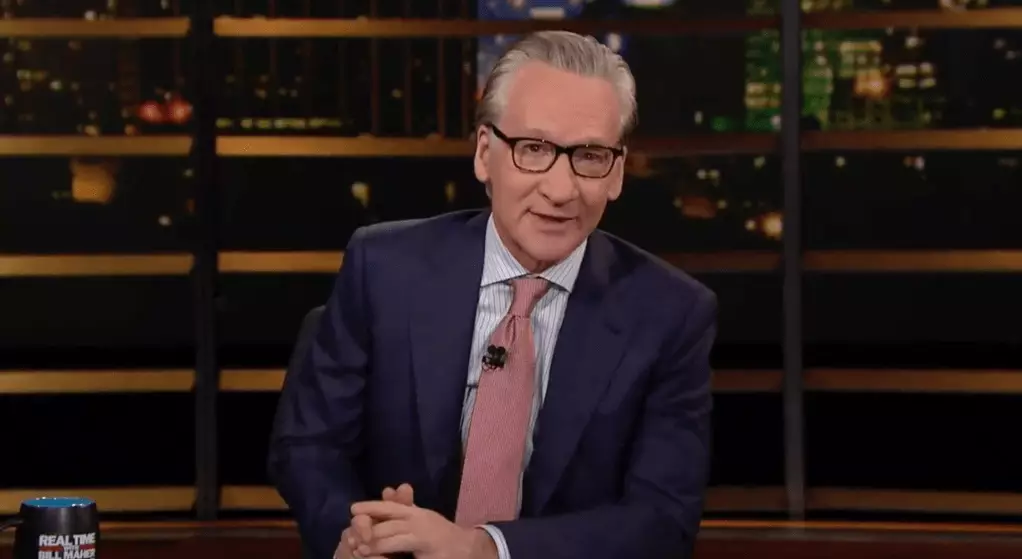The recent U.S. release of The Apprentice, a Cannes Competition title featuring Sebastian Stan as Donald Trump and Emmy-winner Jeremy Strong as Roy Cohn, has sparked a buzz in the entertainment industry. Bill Maher, host of Real Time, expressed his excitement for the film, describing it as Trump’s origin story under the influence of Roy Cohn. However, Maher also highlighted a concerning trend – while the movie has secured distribution deals in various countries, including Japan, Canada, the U.K., and Germany, it has faced challenges finding a distributor in the United States.
Despite high expectations for the film to secure a U.S. deal post its Cannes launch, potential legal threats from Trump’s team and disputes with financiers have hindered progress. In an election year, the controversial scene in the movie depicting Trump raping his former wife Ivana has further complicated negotiations. Maher expressed frustration at the lack of progress, urging industry players to find a way to release the movie in the U.S. This highlights the complex dynamics at play in the entertainment industry, where political ramifications and legal considerations can impact distribution decisions.
The discussion on Real Time delved into Trump’s tactics of intimidation and manipulation to sway outcomes in his favor. Former New York Governor Andrew Cuomo emphasized Trump’s mastery in leveraging power and influence to achieve his objectives. The mention of Fox News settling a lawsuit with Dominion Voting Systems for $800 million due to false election claims illustrates the extent of Trump’s influence over media outlets. This raises questions about the ethical implications of yielding to political pressure and propaganda in the entertainment industry.
Former Congressman Adam Kinzinger highlighted the weaponization of cancel culture as a means of exerting influence and control. He reflected on how corporations, initially wary of public backlash from boycotts, have now embraced cancel culture as a strategic tool. This shift from defensive to offensive tactics signifies a broader trend in the industry, where political agendas and ideological agendas intertwine with business decisions. This raises concerns about freedom of expression and artistic integrity in an environment where cancel culture can be wielded as a weapon against dissenting voices.
The challenges surrounding The Apprentice’s U.S. release shed light on the intricate power dynamics and political influences shaping the entertainment industry. As industry players navigate legal uncertainties, political pressures, and ethical dilemmas, questions arise about the role of artists, producers, and distributors in upholding artistic freedom and critical discourse. The case of The Apprentice serves as a poignant reminder of the impact of political polarization and cancel culture on creative industries, prompting a reexamination of industry practices and values in an era of heightened scrutiny and ideological division.

Leave a Reply